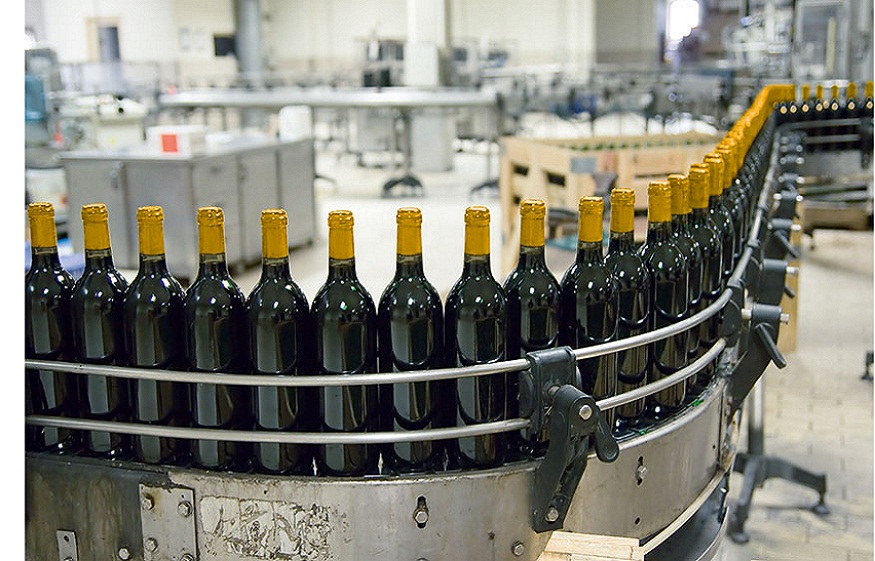The dairy industry operates under some of the most stringent hygiene requirements in food processing, driven by the perishable nature of dairy products and their susceptibility to bacterial contamination. From milk reception and pasteurization to cheese production and ice cream manufacturing, every stage of dairy processing demands equipment that can be thoroughly cleaned and sanitized while maintaining reliable operation. Selecting appropriate food approved lubricants represents a critical component of maintaining these exacting standards while ensuring operational efficiency.
Pasteurization systems exemplify the challenging operating conditions common in dairy processing. These systems must heat milk products to specific temperatures for precise time periods, then rapidly cool them—all while maintaining absolute cleanliness. The pumps, valves, and heat exchangers in these systems require lubricants capable of withstanding thermal cycling, frequent CIP (Clean-in-Place) procedures, and potential contact with dairy products without compromising safety or quality.
The frequent cleaning and sanitization protocols essential to dairy processing create unique demands on lubrication systems. CIP procedures using hot caustic solutions, acid rinses, and sanitizing agents can quickly degrade inappropriate lubricants, leading to equipment failure and potential contamination. Dairy-grade lubricants must resist chemical attack from these cleaning agents while maintaining their protective properties throughout multiple cleaning cycles.
Homogenization equipment operates under extreme pressures—often exceeding 2,000 PSI—while requiring absolute cleanliness to prevent product contamination. The lubricants protecting these high-pressure systems must maintain their protective films under extreme conditions while meeting food safety requirements. Any lubricant failure in these applications can result in costly equipment damage and potential product contamination requiring extensive cleaning and sanitization.
Cheese production facilities face additional challenges related to the presence of salt brines, acidic conditions, and extended aging periods. Equipment operating in these environments experiences accelerated corrosion that can compromise both equipment reliability and product quality. Specialized lubricants with enhanced corrosion inhibitor packages become essential for maintaining equipment integrity in these challenging conditions.
Ice cream manufacturing introduces temperature extremes that challenge conventional lubrication approaches. Freezing tunnels operating at -20°F or lower require lubricants that remain fluid and protective at these temperatures, while mixing and heating equipment may operate at elevated temperatures. This temperature range exceeds the capabilities of many standard food-grade lubricants, necessitating specialized low-temperature formulations.
The economic pressures facing dairy processors emphasize the importance of reliable equipment operation. Milk prices fluctuate significantly, and processors cannot afford unplanned downtime during peak production periods. Proper lubrication practices help ensure equipment availability during critical periods while extending component life to reduce maintenance costs and capital expenditures.
Organic dairy processing adds another layer of complexity to lubricant selection. While organic regulations do not specifically address maintenance lubricants, organic processors often prefer products that align with their overall philosophy of natural ingredients and environmental responsibility. This preference has driven development of food-grade lubricants based on renewable resources while maintaining the performance characteristics demanded by dairy processing equipment.
As automation continues advancing in dairy processing, lubrication practices must evolve to support increasingly sophisticated equipment. Automated lubrication systems, condition monitoring technologies, and predictive maintenance approaches will become essential tools for maintaining the high reliability and hygiene standards demanded by modern dairy processing operations.
For more information on dairy processing standards, visit the International Dairy Foods Association or explore resources from the Dairy Industry Newsletter.






